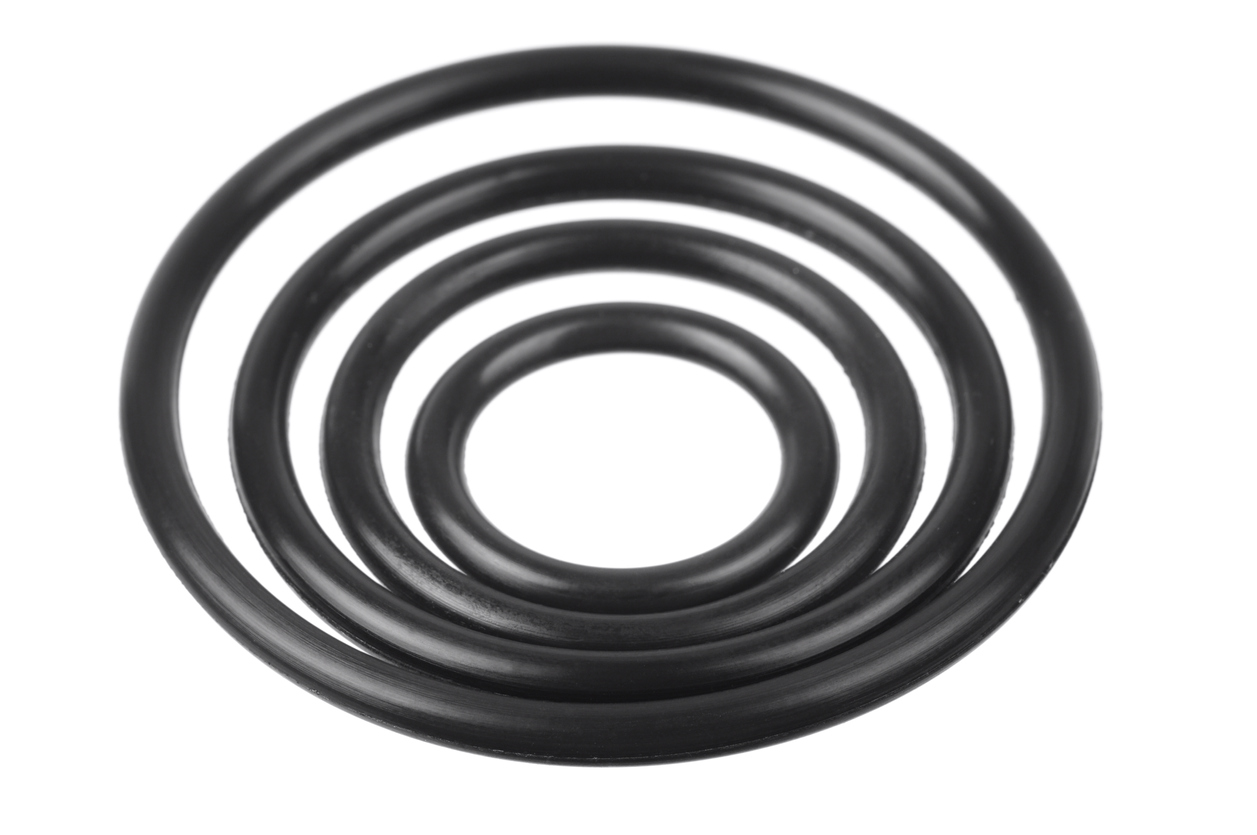FFKM Seals for Extreme Applications
Elastomeric sealing technology has come on leaps and bounds in the last 50 years. As technology has advanced, the need for equipment to function in more extreme conditions has led to the continuous development and improvement of the compounds we use to make seals.
FFKM’s became commercially available in the 80’s and now there are literally 100’s to choose from.
So how does a design engineer know which elastomer to choose, from the endless list that appear in a web search. The answer is, they talk to Ashtons on 01226 273700 or contact us at ask@ashton-group.co.uk.
As an independent family run business with partnerships with Global seal giants Parker Pradifa as well as our other long standing manufacturing partners, we can offer the best seal suited to your application.
We are often asked which seal material is the best. However our philosophy is the best seal material, is the one that works to the requirements of a customers specific requirements. A seal that works, is of course the first requirement, but cost, seal life, risk, assembly, availability are among the myriad of things to be considered.
The relatively high costs of FFKM’s meant that its use was often restricted to those industries like Aerospace and Chemical Processing. However it is often the case that these materials can also provide significant benefits in applications that not only justify their use but offer savings as well.

So what are FFKM’s?
FKM’s or Fluoropolymers were developed in the fist half of the 20th century to replace the Nitrile seal which were no longer suitable for the needs of higher temperatures and increased chemical resistance. Like wise the FKM’s soon were not sufficient and this led to the development of FFKM’s, Perfluoropolymers.
Where most Elastomers haves Carbon/Hydrogen bonds, the FKM and FFKM’s have Carbon/Fluorine bonds. FFKM’s can have up to 72% Flourine content which gives the compound its excellent chemical resistance and allows it to function at far higher temperatures than other seals.
Sealing Attributes:
The chemical inertness of FFKM’s is almost comparable to PTFE but having the elastomeric form means they are far more versatile for sealing applications.
In addition to the chemical inertness, they also have the largest temperature range of any elastomer. Compounds vary but can seal as low as -55°C up to 330°C.
They also have excellent steam, ozone and weathering resistance and very low gas permeability.
A key attribute for most seals is their reliability which can often be measured by its permanent deformation in application, or its compression set. FFKM’s generally have low compression set though test results do differ between compounds.
Applications:
As well as there being many different seal manufacturers available, each manufacturer has a number of different FFKM compounds, developed for specific industries and their needs.
Aerospace
-
Fuel systems
- Steering systems
-
Turbines
-
High vacuum / space applications
Healthcare
-
High purity processes
- Sanitary standards USP class VI
Oil & Gas
- Sour Gas oil wells
- High pressure, explosive decompression
- Mud drilling
- Amine based fluids
- Hot water steam systems
Food and Pharma
- Food contact approvals
- High purity processes
- Sanitary standards
- Hot water/steam systems
Chemical Processing
- Pumps & valves
- Instrumentation
- Mixers
-
Reactors
- Tank systems
- Ink/printing systems
- Solvents
- Inspection glasses
Semiconductor
-
Plasma processing
-
Gas processing
- Ion implantation
- Thermal processing
- Wet processing
- UPDI Water
General Summary:
Advantages of FFKM
Wide temperature range (-55°C to 330°C)
Excellent chemical resistance (best in class, similar to PTFE)
Excellent gas and liquid permeation resistance
Excellent weather ability and ozone resistance
Self-extinguishing and non-flammable in air
High Density
Good mechanical properties, improving sealing performance
Suitable for explosive decompression, CIP,SIP and FDA
Disadvantages of FFKM
Can swell significantly in fluorinated solvents
Should not be used with molten or gaseous alkali metals
Thermal coefficient larger than other elastomers, so seal housing size may need modifying
High cost so generally used when no other elastomer is appropriate
Please contact us to discuss your application and we will endeavour
to offer a suitable solution to meet your engineering and commercial
requirements.